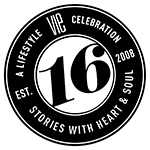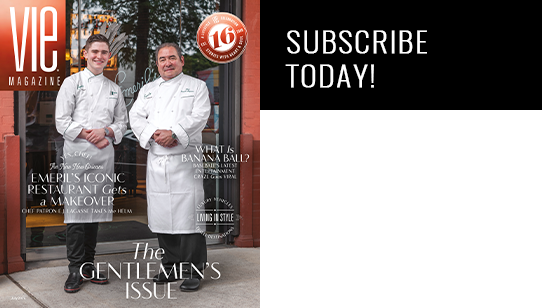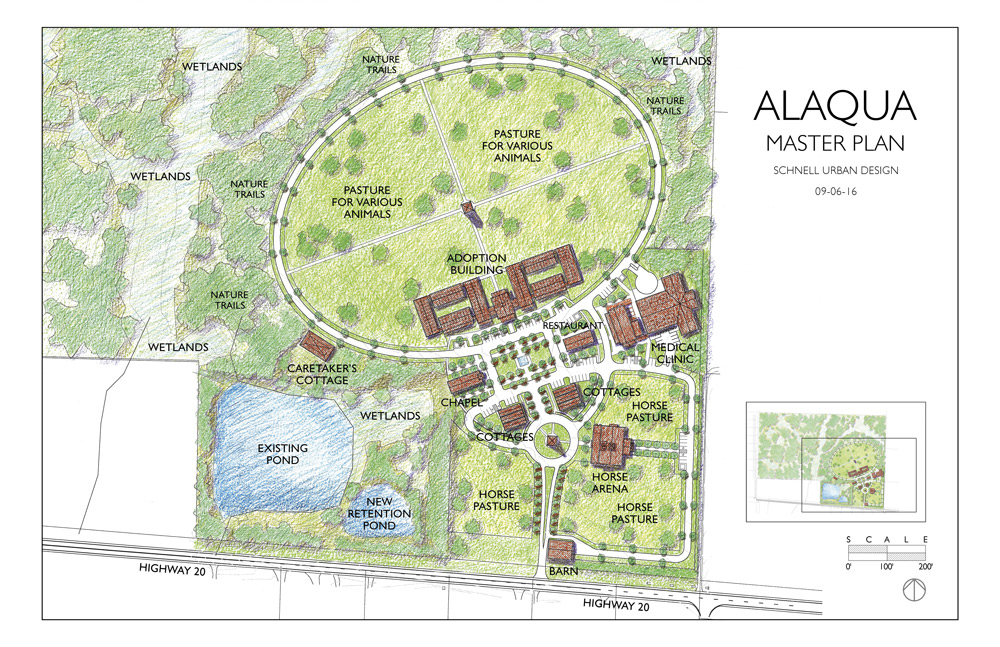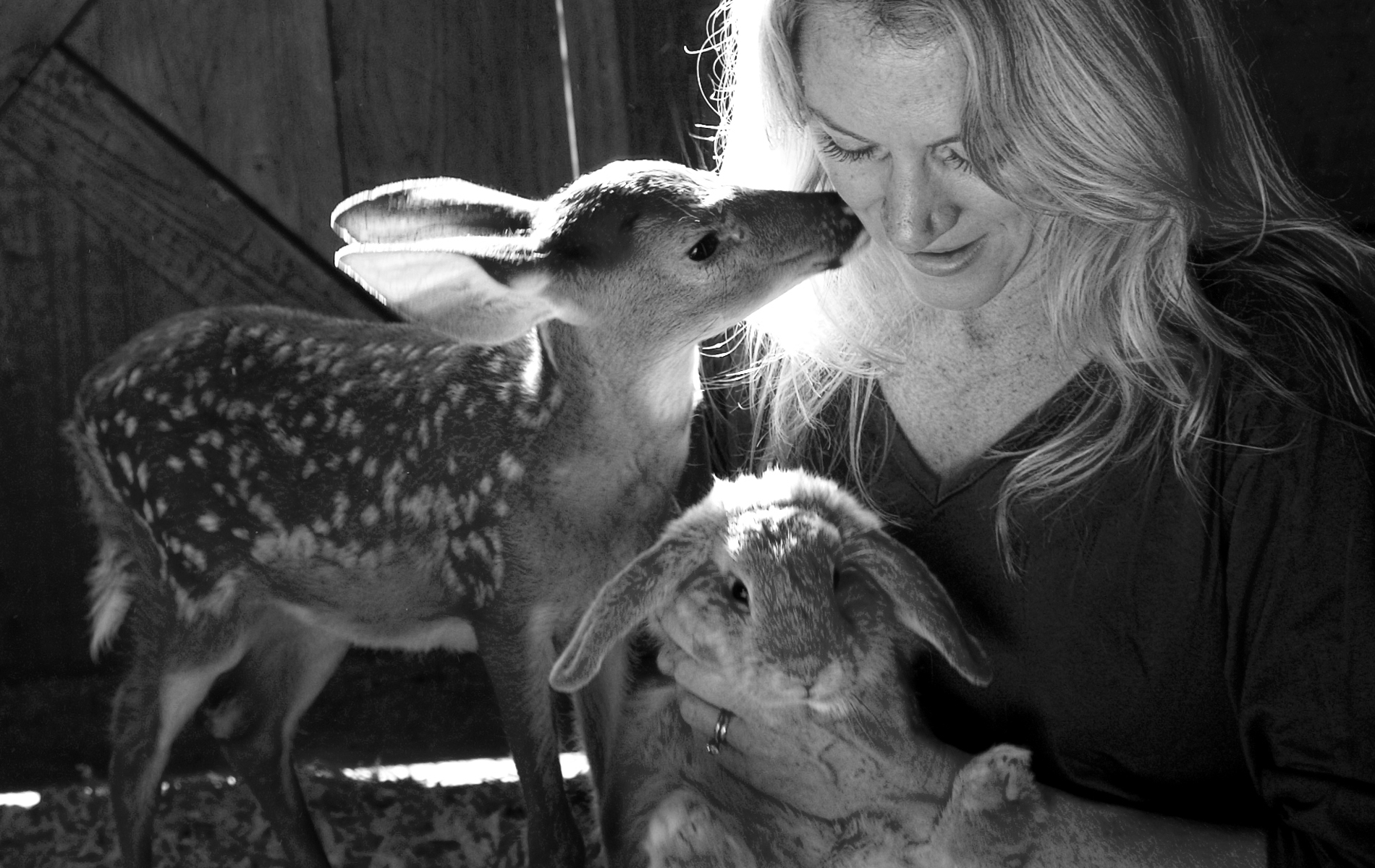
vie_magazine_alaqua-hero
Photo by Dawn Chapman Whitty
A New Lease on Life
Alaqua Animal Refuge Expands
By Susan Vallee
When Laurie Hood, founder of Alaqua Animal Refuge in Freeport, Florida, first envisioned a sanctuary for animals in need, she didn’t give much thought to flood zones; she just worked with what she had and decided to put the rest in God’s hands.
It all started in 2007, when Hood became increasingly aware of a need for a no-kill animal shelter in Northwest Florida, particularly in Walton County, where thousands of animals were euthanized every year simply because of lack of space in local shelters. “The last straw” for Hood came after an especially grueling visit to a shelter where she met nearly a hundred dogs whose days were quite literally numbered. The shelter informed Hood that representatives of rescues or other animal shelters could take animals scheduled for euthanasia for free, and Alaqua Animal Refuge was born. Hood rescued thirty-eight animals the very next day, sheltering them in the barn on her property.
Of course, the veterinary bills and supply costs of running an animal shelter quickly began to pile up, and people began calling and bringing more animals (of all kinds) when they learned about the county’s first no-kill shelter. More room and more funds were crucial to keeping Hood’s dream alive. She began writing grant proposals and planning fund-raisers, and she has seen a massive outpouring of support and generosity over the past decade. Alaqua now houses 250 animals at any given time and has rehomed over fifteen thousand animals since its inception. The cost to run the refuge is over $80,000 per month.
Alaqua now houses 250 animals at any given time and has rehomed over fifteen thousand animals since its inception. The cost to run the refuge is over $80,000 per month.
Hood’s constant fund-raising efforts generally focus on providing food and medical care to the animals that call Alaqua home, but in the past few years she has shifted gears to envision the future of the refuge. As Alaqua grew and the number of animals increased from a few dogs and cats to neglected and abused horses, birds, abandoned fawns, hogs, cattle, and other farm animals, the reality and logistics involved in hurricane evacuations added urgency to finding a location farther from the shores of the Choctawhatchee Bay.
Over the years, Hood worked with fellow philanthropist M.C. Davis, who opened the nearby E.O. Wilson Biophilia Center to amplify environmental education and appreciation of the outdoors for children. Last year, Davis bequeathed Alaqua with eighty-five acres near the center. With the help of donor funding, Hood was able to increase that acreage to one hundred.
“From the very beginning, I wanted a place that would be different than traditional animal shelters,” Hood says. “I wanted a place where happy animals would be surrounded by a pristine environment, making it peaceful to adopt and volunteer. I wanted a place where animals of all sizes, shapes, and kinds could heal and be provided shelter, safety, and a second chance of life.”
To make her vision a reality, Hood sat down with her “dream team” of architects and planners from Santa Rosa Beach, Florida: Mark Schnell of Schnell Urban Design, Tony Vallee of Anthony J. Vallee Architect, LLC, and Marianne Khoury-Vogt of Khoury Vogt Architects. Together they created a master plan for a new refuge that includes a medical clinic, a horse arena, adoption buildings, a restaurant, a chapel, cottages, large open pastures for animals to roam, and a system of nature trails that circle the property. The cottages will provide a place for veterinary interns to stay while learning valuable skills. They will also be open to guests for weekend seminars.
Unfortunately, Florida ranks as one of the states with the highest number of reported animal abuse cases, according to the Humane Society of the United States.
An important outreach of Alaqua Animal Refuge has become its assistance with animal cruelty cases. Unfortunately, Florida ranks as one of the states with the highest number of reported animal abuse cases, according to the Humane Society of the United States. Hood travels throughout the year to testify and assist law enforcement in many cases. At the new facility, she plans to bring those efforts directly to the refuge by offering educational seminars and hands-on study of cruelty cases for police officers so they can learn how to process their own cases more effectively and efficiently.
A recent puppy mill rescue highlighted both the need for further training and the need to change the way Florida handles animal rescue and abuse cases. Insufficient legislation and local shelter laws led to over a hundred rescued dogs being taken to an overflow shelter that does not document the evidence that law enforcement needs to establish animal abuse charges. After a frustrating five-day waiting period at the overflow shelter, the remaining rescue animals (those that had not died or been adopted) were released to Alaqua. Within that short time frame, the majority of the dogs became sick with flu-like symptoms and parvovirus and then infected other rescued animals at Alaqua.
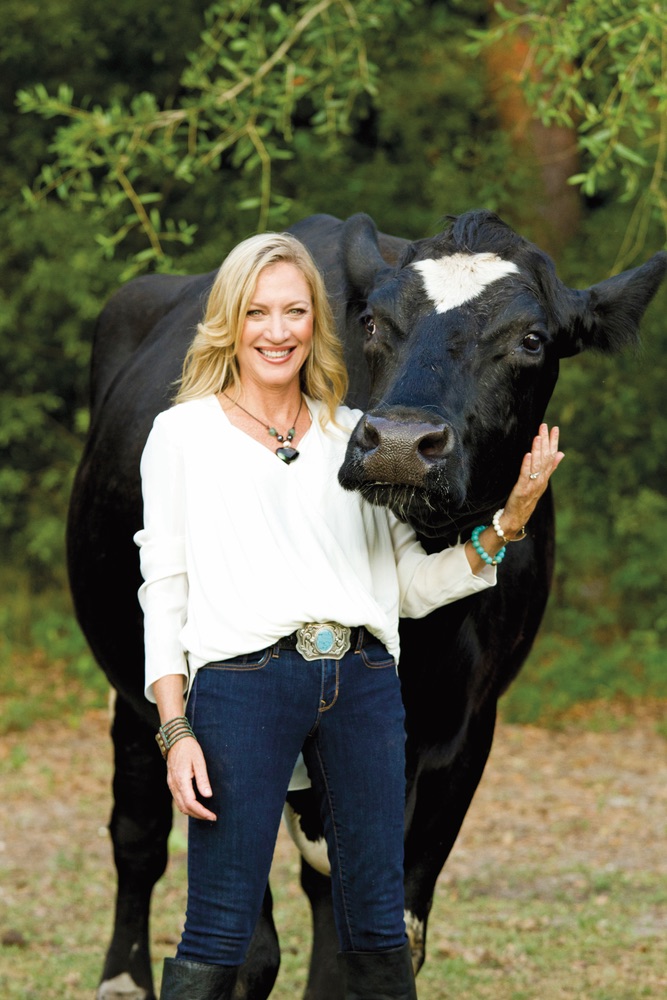
Alaqua Animal Refuge founder Laurie Hood with Loverboy, one of the refuge’s former residents. Photo by Dawn Chapman Whitty.
The waiting period also weakened the abuse case against the puppy mill. “Now they (the defense) can argue injuries happened at that shelter and not while the puppies were in their care,” Hood says. “These animals came from a horrific place. We should have been able to get them medical attention right away.” While she works with volunteers to craft language for a bill to make overflow shelters unnecessary, Hood is thankful that she can turn to the plans for the expanded Alaqua Animal Refuge and focus on all the additional animals that she will be able to help in the future.
In planning the new facility, Hood met one of her personal idols, zoologist Jim Fowler, a former host of Mutual of Omaha’s Wild Kingdom. The two brainstormed and collaborated heavily on the plans for the shelter’s wildlife area. Hood also spoke with Wayne Pacelle, CEO of the Humane Society of the United States, as well as renowned animal scientist Dr. Temple Grandin, who aided in Hood’s hopes to incorporate equine therapy and children’s programs into Alaqua’s repertoire.
“At our refuge, these animals will find solitude and loving hands to care for them,” Hood says. “It is a place where school children come out and call each animal by name, and they leave with a desire to be a voice for the animals at our facility.
“At our refuge, these animals will find solitude and loving hands to care for them,” Hood says. “It is a place where school children come out and call each animal by name, and they leave with a desire to be a voice for the animals at our facility. For the animals who pass through our gates, Alaqua Animal Refuge becomes what can only be described as ‘heaven on earth.’ A place to call home, loving hands to care for them, and a hope for a better future—those are all things that we provide for each animal that comes to our facility.”
— V —
As Hood continues to raise funds for Alaqua Animal Refuge—a shining example for the world—she is also helping to make progress in the areas of education, legislation, and enforcement. You, too, can help by donating funds or volunteering to help craft a bill for a streamlined animal rescue process. Please go to www.Alaqua.org/how-to-help/donate-now.
Share This Story!
KEEP UP WITH THE LATEST STORIES FROM VIE
